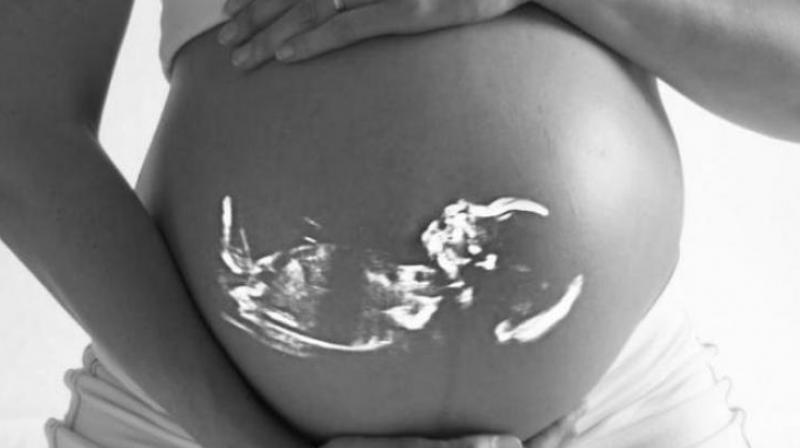IVF expert explains how uterine defects cause fertility issues
Studies show that one in every 20 women seeking IVF treatment to conceive is affected by uterine anomalies.

New Delhi: Turns out, uterine defects or the problems related to uterus affects the chances of a woman to conceive or carry the fetus to term.
Mullerian Anomalies referred to as the defects associated with abnormal development of the uterus or the fallopian tube accounts to infertility in around 10% of the female trying to conceive.
IVF expert, Dr Arvind Vaid explained that uterine anomalies, a condition where the structure and contour of the uterus differ from normal, is the main cause of infertility. He said, "Studies show that one in every 20 women seeking IVF treatment to conceive is affected by uterine anomalies. Though such uterine abnormalities are not directly linked to infertility many a times the condition is misunderstood until recurrent miscarriages occur. Timely intervention can help prevent miscarriages and help treat the condition to have a healthy course of pregnancy."
Sometimes infertility is attributed to congenital anomalies where defects in the uterus start occurring during the fetal development (birth defects) of the uterus. The abnormalities can vary, ranging from the absence or even duplication of the uterus, cervix, and vagina.
Agenesis, a condition where there is the absence of the vagina or uterus or both, is usually diagnosed during a missing menarche. The condition can be treated with surgery. Surrogacy may be the only way for women with agenesis to have a baby.
Talking about menarche, Gynae surgeon and IVF expert, Dr Sowjanya Aggarwal said, "In most of the cases, there may not be any symptoms as such until menarche. If a uterine anomaly is associated with a rudimentary uterine horn with no outlet, menstrual outflow will be obstructed, resulting in very painful menses. If left untreated the blood gets accumulated inside the uterus and may become infectious leading to infertility, miscarriages, ectopic pregnancy and abnormal bleeding."
A unicornuate uterus is a condition where there may be two ovaries but only one will be connected to the uterus due to the absence of one fallopian tube. The condition may pose a risk of miscarriage and preterm deliveries, possibilities of healthy conception increases with IVF treatment. Similar is the other condition known as the Bicornuate uterus with the presence of two uterine cavities.

